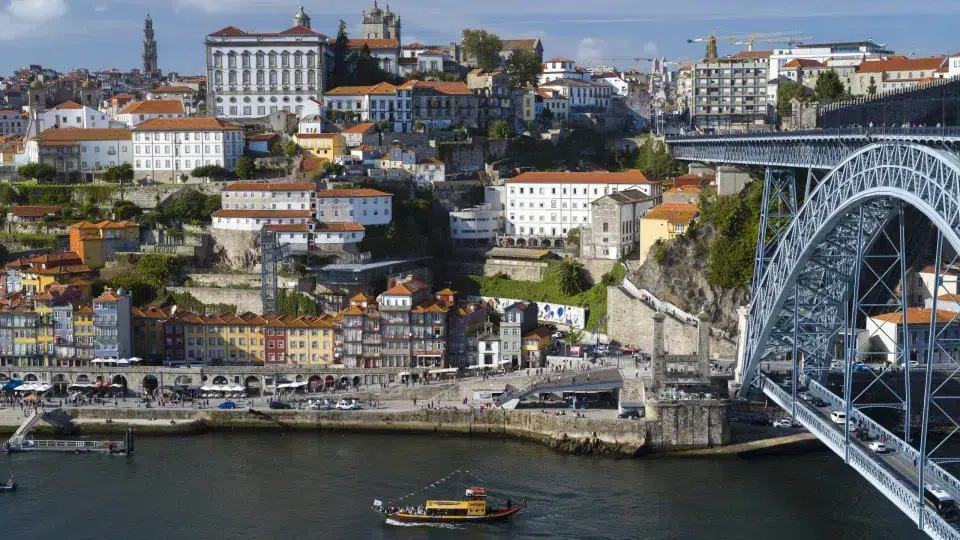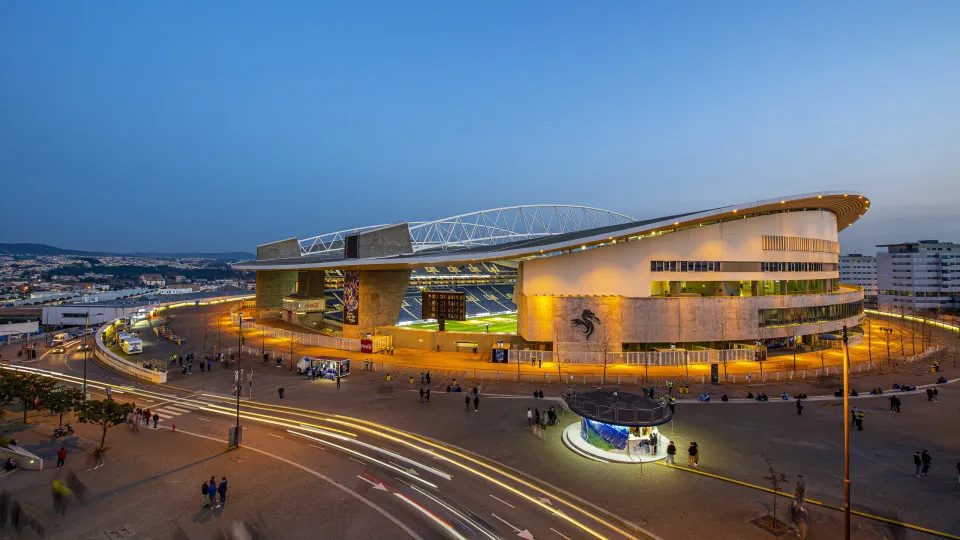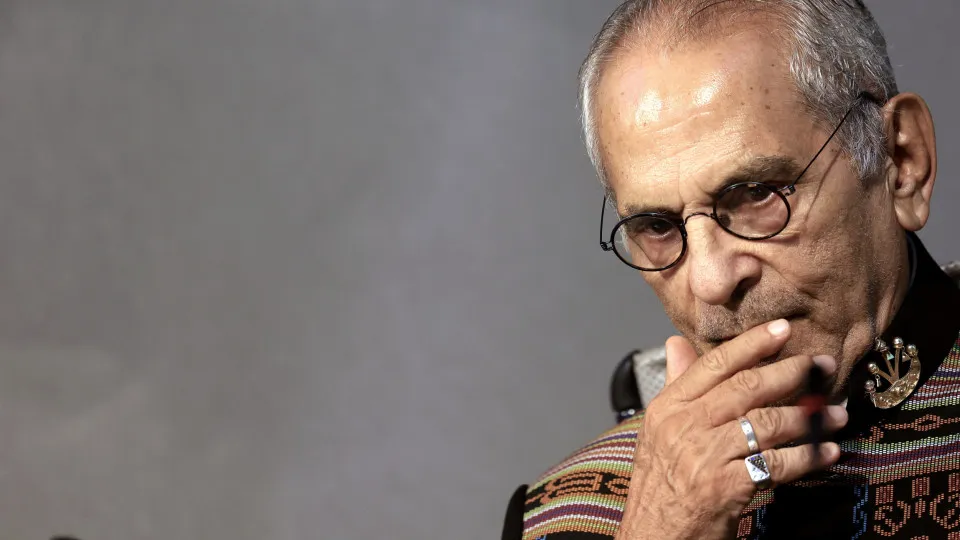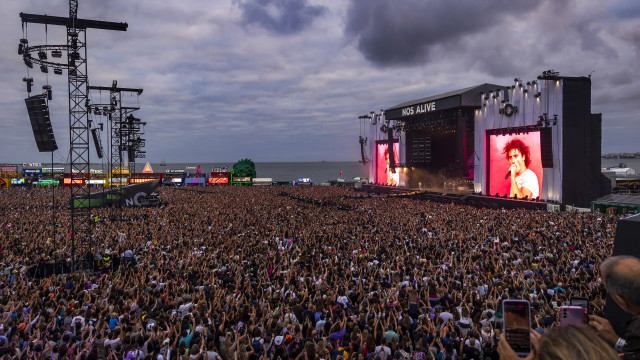
As the construction of the second phase of Metrobus marked the first day of the official campaign period in Porto, controversy arose with Metro do Porto asserting that the work was authorized by the municipality, while Rui Moreira clarified that only a space occupation permit was issued. Amidst this, candidates exchanged accusations, but the matter received only brief mention in the debate.
The Socialist Party (PS) candidate for the mayor’s office, Manuel Pizarro, emphasized the urgent need to improve public transportation. Pizarro pledged free passes for individuals over 65 and proposed expanding bus lanes. He also advocated transforming the Via de Cintura Interna (VCI) into an urban avenue by reducing speed limits.
Pedro Duarte, the lead candidate for the coalition PSD/CDS-PP/IL, reiterated his promise of free transportation for all residents of Porto, a plan costing 25 million euros annually, which he intends to fund by increasing the tourist tax. Regarding the VCI, he suggested either banning heavy vehicles or implementing tolls.
Independent candidate Filipe Araújo argued that social justice is not about “giving everything to everyone,” distancing himself from PS and PSD’s “promises of gratuity.” He criticized successive governments for inaction on the VCI.
Sérgio Aires of the Left Bloc highlighted the need for quality public transport and called for greater investment in soft mobility, reduction of car speeds in city centers, and regulation of TVDE (transportation network companies).
Chega’s Miguel Corte-Real discussed the Metrobus project, stressing the importance of having an investment plan to avoid waste. He accused Porto’s Public Transport Company (STCP) of “mismanagement” and proposed moving the Mercado Abastecedor to Gondomar.
Diana Ferreira from the CDU (PCP/PEV) advocated for enhancing public transport comfort, increasing frequency, integrating shared bicycle networks within the Andante System, and creating a metropolitan network to meet residents’ needs. She lamented the rejection of several VCI-related proposals she had presented to the Assembly while serving as a deputy.
Nuno Cardoso (NC/PPM) argued against tolls on the A41, created to divert traffic from Porto’s center. He called for more frequent transport networks and better organization through unified cooperation between UNIR and STCP.
Livre’s Hélder Sousa committed to establishing 200 kilometers of bus lanes, reducing car spaces, and emphasized the importance of expanding metro and intermunicipal train connections.
Volt’s Guilherme Alexandre Jorge stressed the need to reduce speeds to combat traffic accidents.
Frederico Duarte Carvalho from ADN advocated for creating a Greater Porto entity to facilitate dialogue with central authorities.
Maria Amélia Costa of PTP supported free transportation and proposed replacing traffic signs with traffic control officers.
Luís Tinoco Azevedo from the Social Liberal Party did not specify solutions, citing a lack of political will to realize the 15-minute city concept.
During the last 15 minutes of the debate, candidates diverged in their views on security concerns, debating whether “feelings of insecurity” reflect actual safety issues within the city.
The current executive comprises six members from Rui Moreira’s independent movement, three from the PS, two from the PSD, one from the CDU, and one from the BE.




